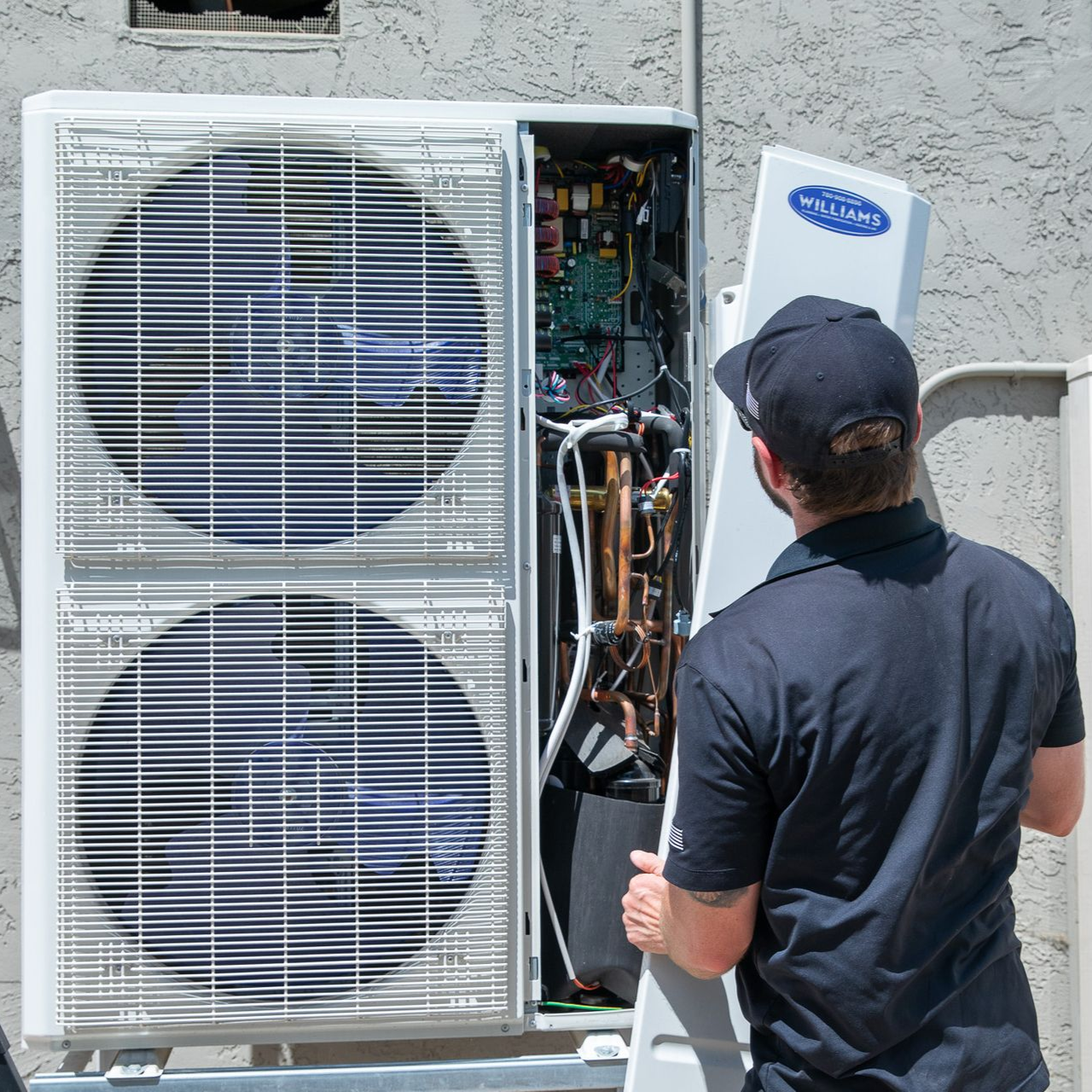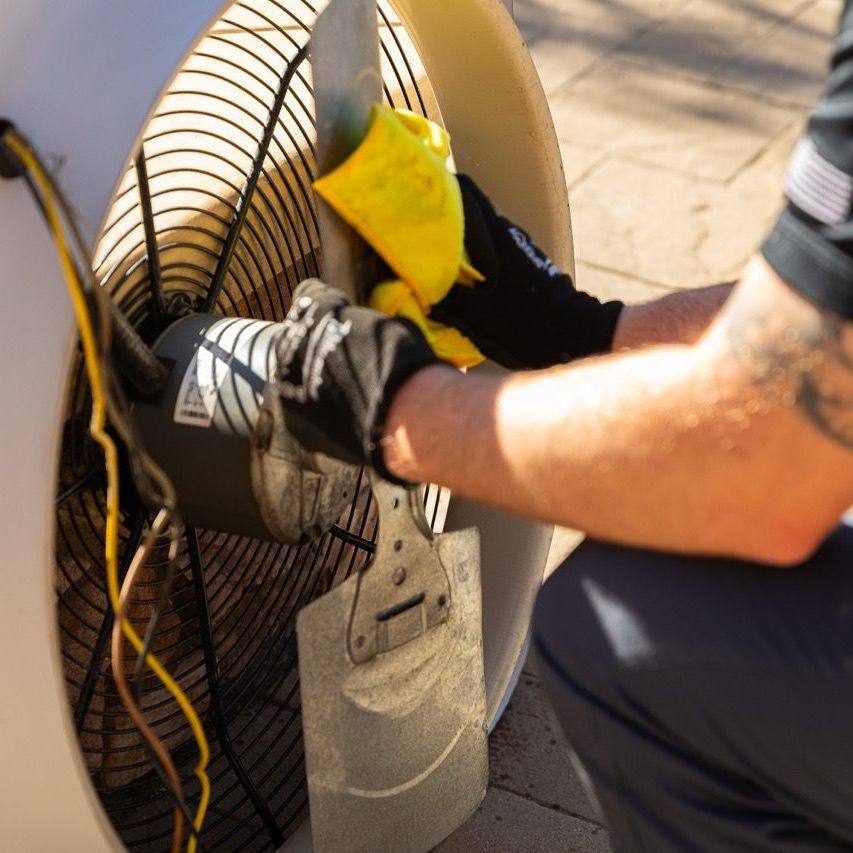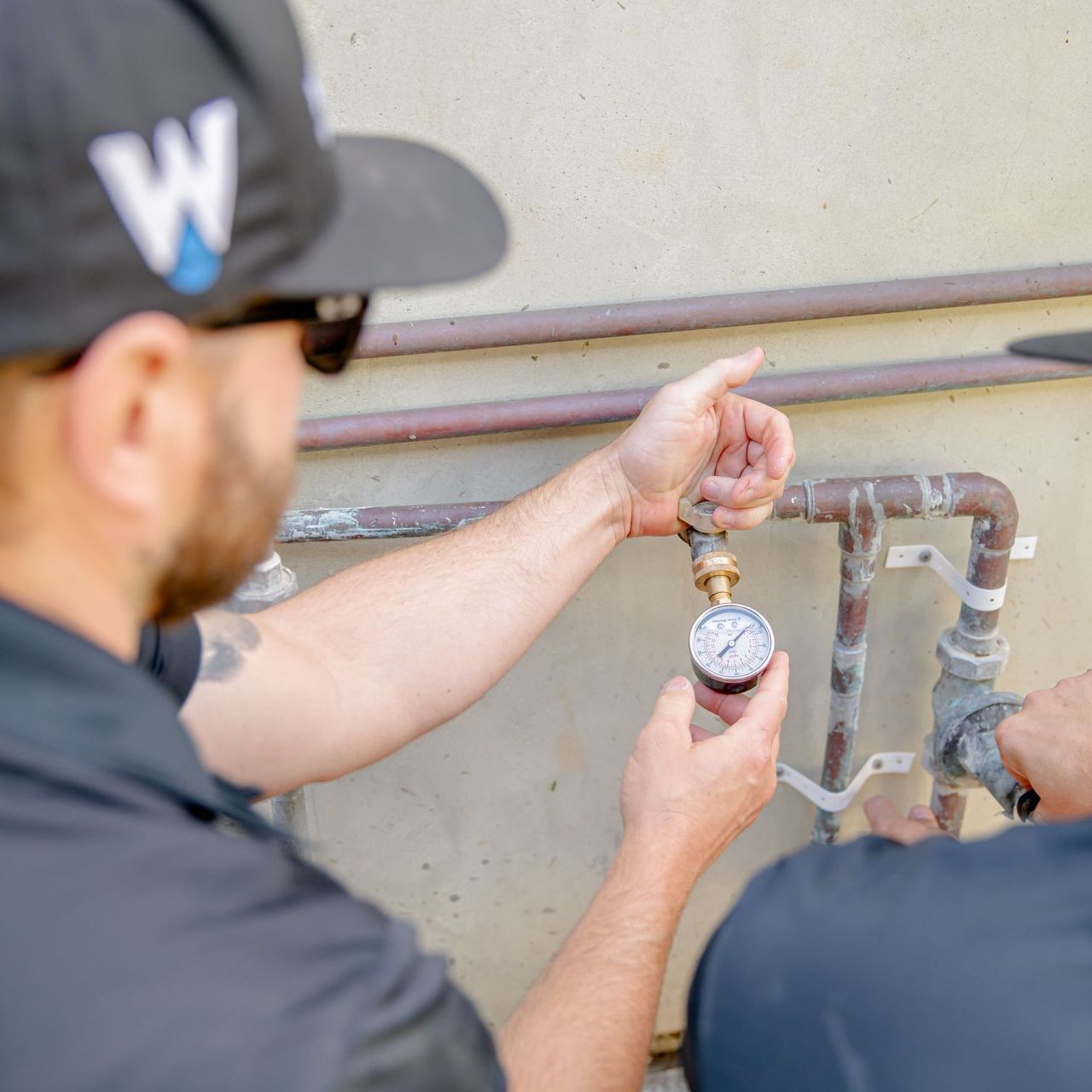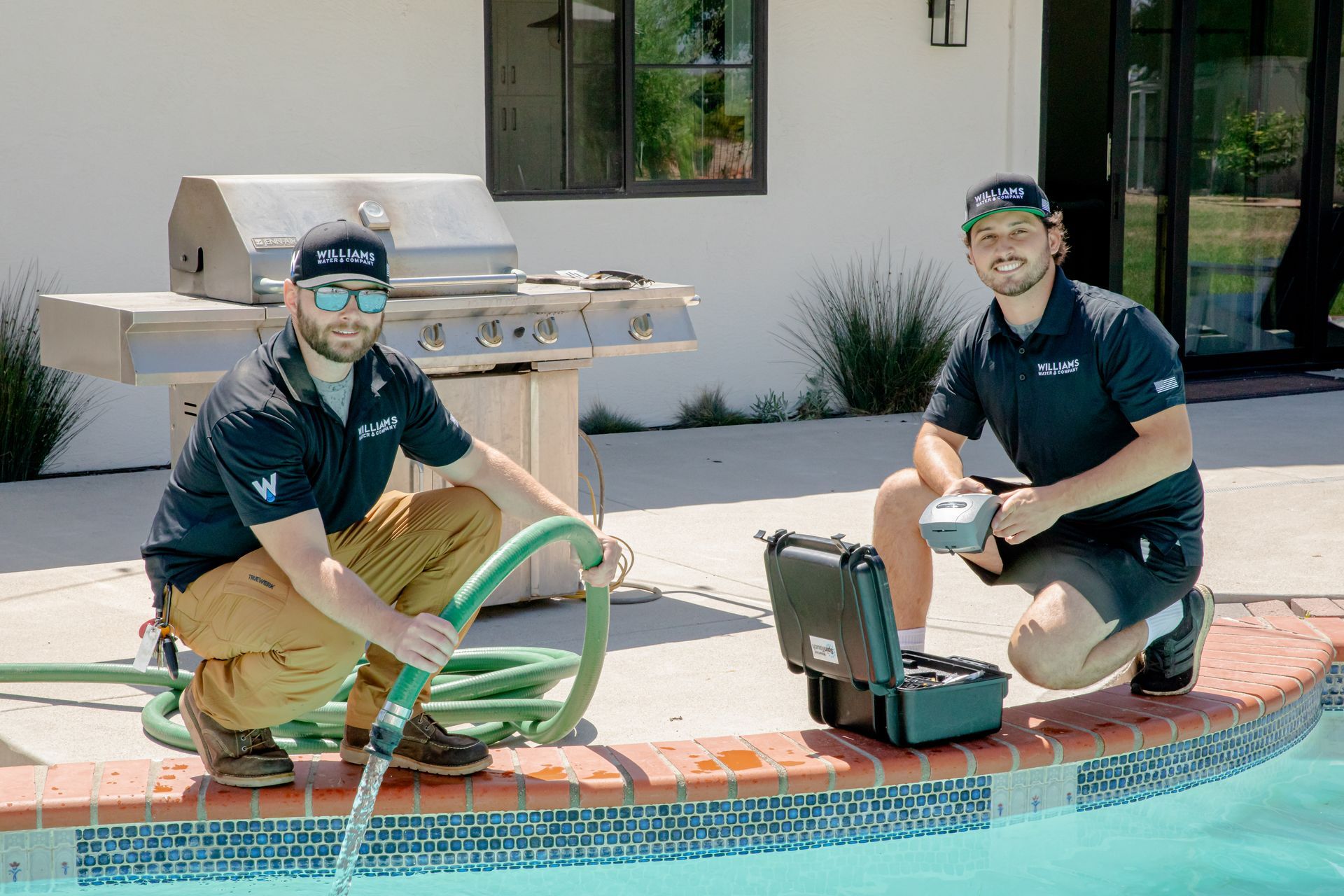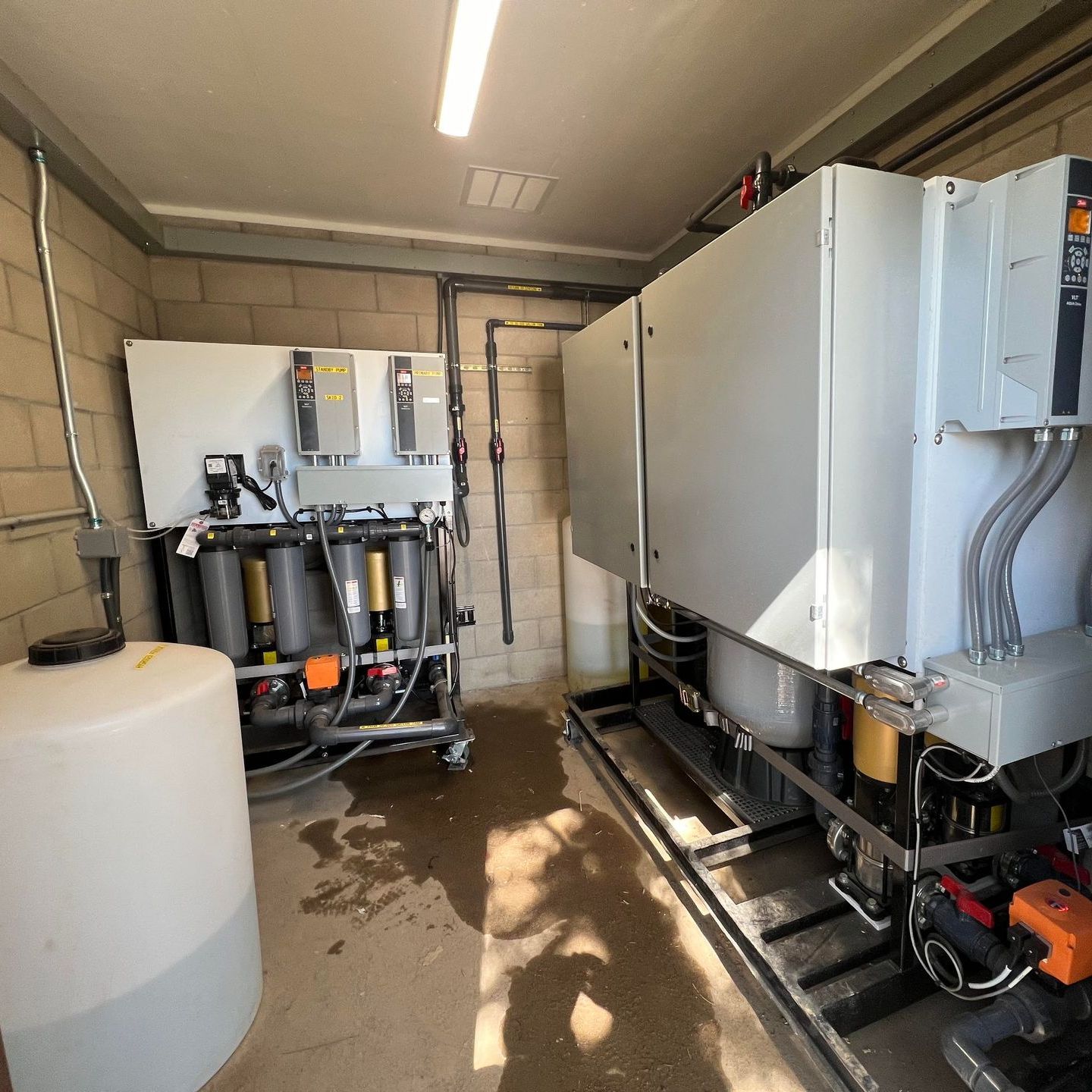Total Comfort & Clean Water Solutions for San Diego Homes and Businesses
San Diego’s trusted experts in HVAC/R, plumbing, and water purification, delivering reliable climate control, efficient systems, and crystal-clear water with every service.
HVAC/R & Plumbing in Fallbrook, CA
Serving San Diego & Riverside Counties
Based in Fallbrook, Williams Mechanical Company delivers expert Plumbing and HVAC services across San Diego and Riverside Counties.
We specialize in water heaters, non-salt-based water conditioners, and smart water monitoring systems that promote water conservation and efficiency. Our HVAC services include regular maintenance, residential and commercial variable systems, ductless mini-splits and indoor air quality upgrades, all designed for clean air, energy savings, and long-term comfort.
Trust your local experts for clean water, clean air, and dependable service.
Experience the Williams Difference
One-Stop Shop
From home plumbing and water rejuvenation to HVAC installation and repair, we're your all-in-one experts.
Innovative Technology
Our commitment to innovation means we use the most advanced technology to ensure increased efficiency, savings, and quality.
Industry-Leading Expertise
Excellence is our core value, reflected in our commitment to quality work and dedication to a seamless customer experience.


